Decisively Ranking the Monolithic Five Kubrick Films
Written on
Chapter 1: The Significance of Personal Preference
When it comes to ranking Stanley Kubrick's films, personal taste plays a crucial role. After years of contemplation, I've come to my own conclusions. How do your preferences compare?
Differences in perspective are vital; they highlight the diverse ways we interpret our experiences. Kubrick's films resonate deeply with me, and I relish the thought that my rankings may differ from yours. Shouldn't we celebrate our unique viewpoints? Cinema is a form of art, and our interpretations of that art are inherently subjective. Even if we were to agree on a set of five films (which is unlikely), we could still create 120 different possible rankings.
I'm eager to hear your thoughts! Fellow Kubrick enthusiasts, please share your lists in the comments. Here’s my ranking.
Section 1.1: The Shining (1980)
The documentary Room 237 from 2012, despite its occasional far-fetched theories, captivated my attention. While some ideas may stretch credibility, the depth of interpretation surrounding Kubrick’s film underscores its complexity. Ultimately, The Shining remains an enthralling, unsettling horror classic.
Kubrick’s meticulous approach is evident in the film, showcasing his perfectionism through grueling 16-hour shoots. The performances by Jack Nicholson and Shelley Duvall reveal the darker aspects of their characters, and we, as viewers, feel the intensity of their shared experience. The film is a psychological tour de force, creating an unforgettable horror experience that has solidified its place in cinematic history.
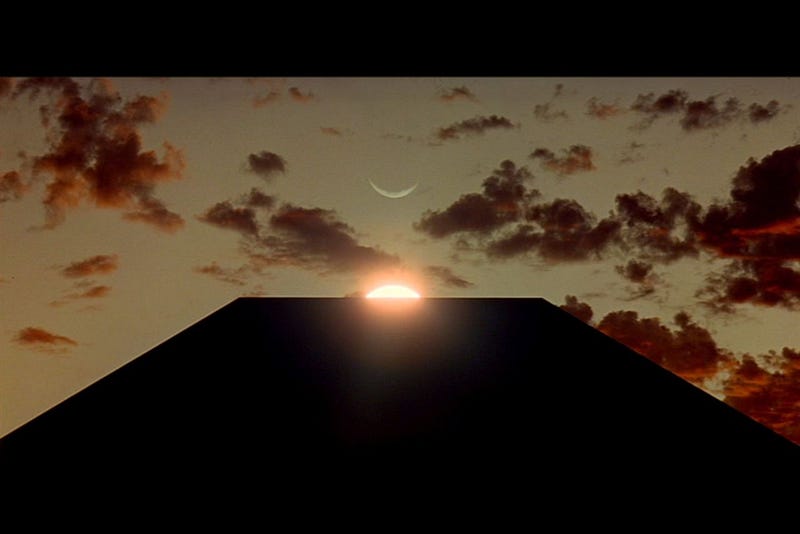
Chapter 2: A Clockwork Orange (1971)
This film struck a chord with me from the moment I first viewed it as a teenager. At that time, I found it challenging to grasp its complexities. It’s a provocative film that can initially come across as chaotic and disturbing, but with repeated viewings, its humor and brilliance become apparent.
My appreciation for A Clockwork Orange lies in my ability to immerse myself in Alex's tumultuous world. The film's visceral and animalistic qualities are balanced by its refined style, with its unique language adding authenticity. It’s a bold exploration of the intersection between music and violence, presented through Kubrick’s masterful direction.
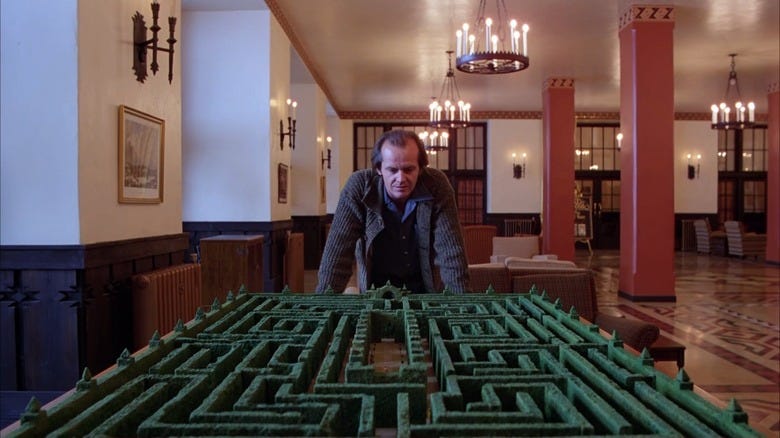
Chapter 3: 2001: A Space Odyssey (1968)
This film is likely to top many lists, and it's easy to understand why. It remains a groundbreaking work, often regarded as ahead of its time. The lack of reliance on modern CGI techniques allows 2001 to stand out distinctly among contemporary science fiction films.
Kubrick’s innovative use of analog technologies and special effects, alongside Douglas Trumbull's artistry, creates a captivating narrative. The film invites viewers to ponder its mysteries with each viewing, making it a timeless piece that continues to influence filmmakers today.
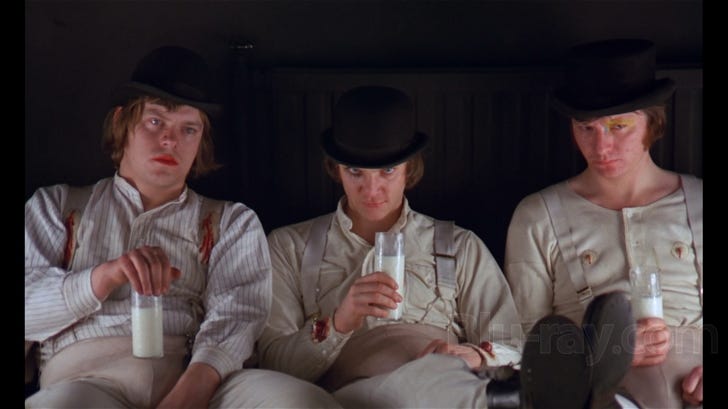
Chapter 4: Barry Lyndon
Barry Lyndon is nearly flawless in its execution. While it may seem slow and overly formal to some, its pacing and aesthetic choices are deliberate, intended to evoke a unique artistic experience. The use of specialized lenses for candlelit scenes showcases Kubrick's attention to detail.
Each viewing reveals new nuances, and the film’s score is exquisitely synchronized with its stunning visuals. The narrative arc, filled with unexpected twists, offers an engaging and emotionally resonant experience that transcends mere entertainment.
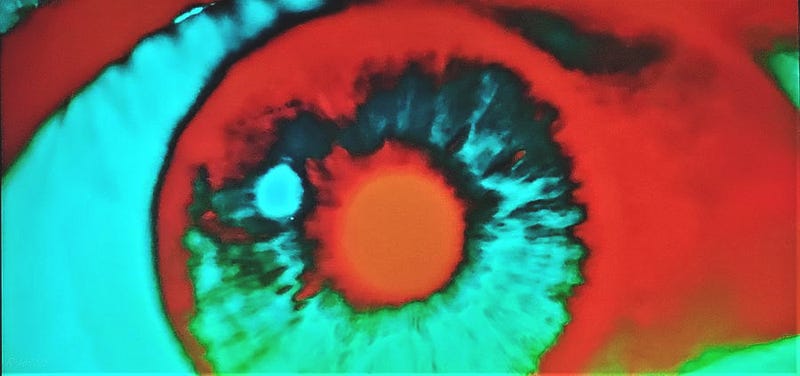
Chapter 5: Eyes Wide Shut (1999)
This entry may spark controversy among Kubrick fans, as it's not universally celebrated as his best work. Yet, classics often evoke strong reactions because they challenge norms and provoke thought. I view Eyes Wide Shut as a provocative masterpiece, rich with symbolism and layered storytelling.
The film’s narrative unfolds with a haunting sense of mystery, culminating in a stunning ritual scene that immerses viewers in its world. Each mask chosen for the film carries significance, connecting various themes and characters, enriching the viewing experience.
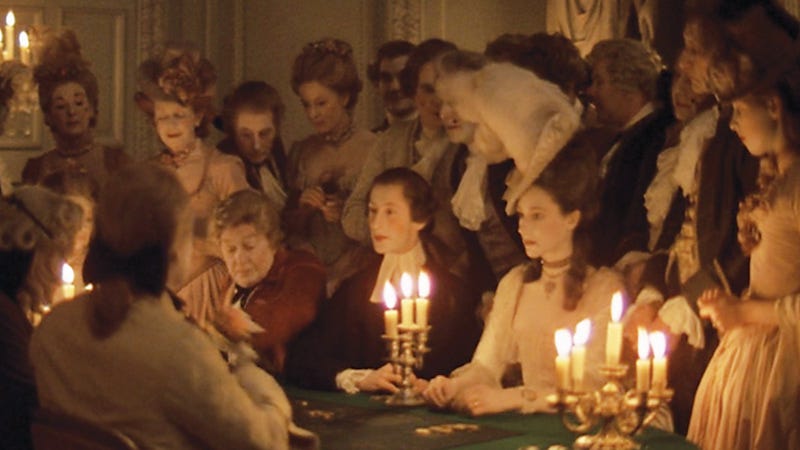
Closing Thoughts
Kubrick's films span various genres, yet they all possess a unique brilliance that sets them apart. Though he directed a limited number of films, many of them are regarded as some of the finest in cinematic history. Each of the films discussed here offers a distinctive blend of horror, humor, science fiction, and drama, showcasing Kubrick’s remarkable ability to elicit powerful performances from his actors.
Thank you for reading! If you enjoyed this exploration, consider subscribing for more insights into cinema.